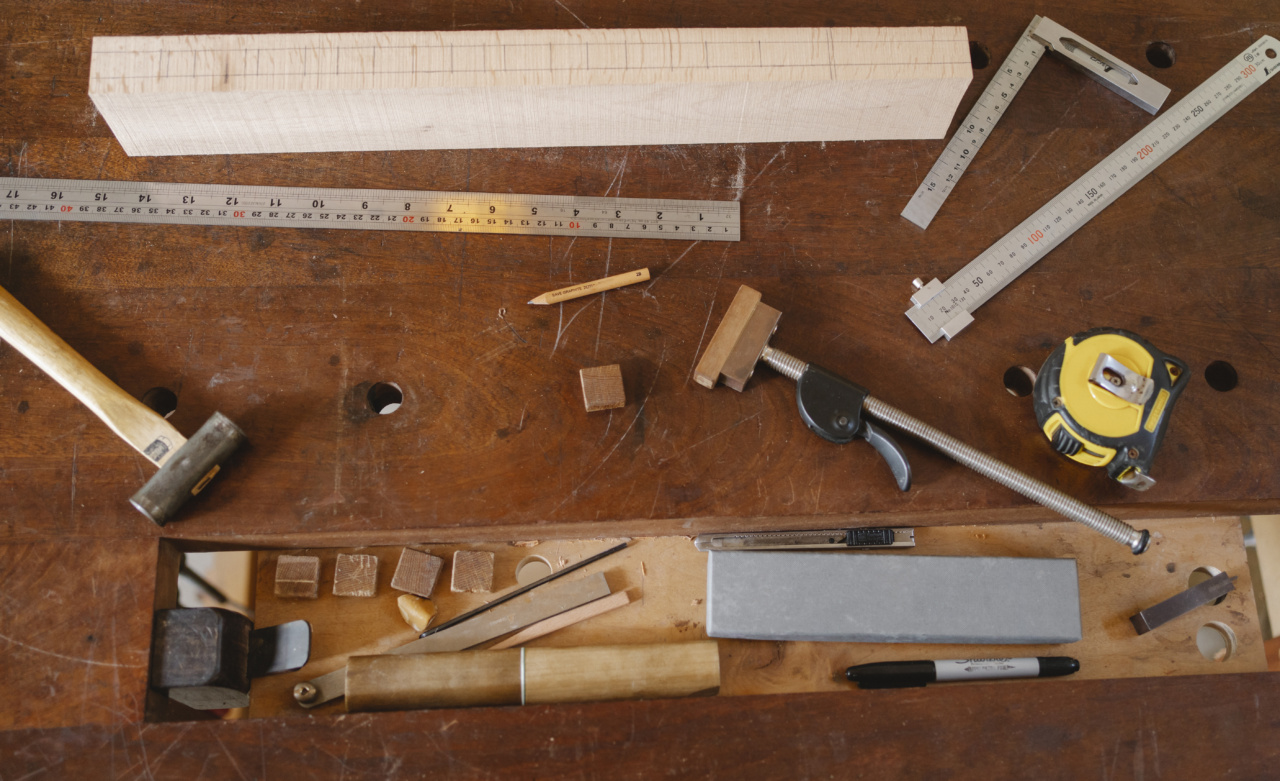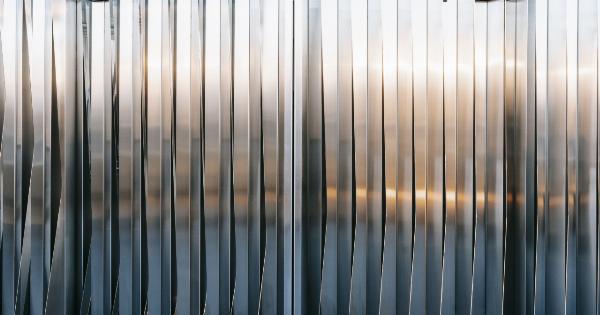Iron is an essential mineral that plays a crucial role in the body. It is responsible for carrying oxygen from the lungs to various parts of the body and helps in maintaining a healthy immune system.
However, many people around the world suffer from iron deficiency, often due to poor absorption of iron from the diet.
Why is Iron Absorption Important?
Iron absorption is vital to ensure that the body receives an adequate supply of this essential mineral. Poor absorption of iron can lead to iron deficiency anemia, a condition characterized by fatigue, weakness, and decreased immunity.
It is, therefore, essential to take steps to improve iron absorption in your diet.
Include Vitamin C-rich Foods
Vitamin C plays a crucial role in enhancing iron absorption. Including foods rich in vitamin C in your meals can help improve iron absorption. Some vitamin C-rich foods include oranges, strawberries, kiwi, bell peppers, and citrus fruits.
Adding a squeeze of lemon to dishes or including a glass of freshly squeezed orange juice with meals can also be beneficial.
Avoid Consuming Iron-Rich Foods with Coffee or Tea
Coffee and tea, when consumed along with iron-rich foods, can hinder iron absorption. These beverages contain compounds called tannins that can bind to iron, making it difficult for the body to absorb it.
Therefore, it is advisable to separate the intake of iron-rich foods and coffee or tea by at least an hour.
Cook in Cast Iron Cookware
Cooking in cast iron cookware can be an excellent way to increase iron intake. When acidic foods are cooked in cast iron, a small amount of iron is released into the food. This can aid in improving iron absorption.
However, it is important to note that excessive intake of iron through this method can also lead to iron overload, so moderation is key.
Pair Iron-Rich Foods with Foods Rich in Vitamin A
Vitamin A is known to enhance iron absorption as well. Including foods rich in vitamin A, such as sweet potatoes, carrots, spinach, and kale, along with iron-rich foods can help improve iron absorption in the body.
Try to incorporate these foods into your meals to maximize iron absorption.
Avoid Consuming Calcium and Iron Together
Calcium can interfere with iron absorption when consumed together. Therefore, it is best to avoid pairing calcium-rich foods with iron-rich foods in the same meal. Calcium-rich foods include dairy products such as milk, cheese, and yogurt.
It is advisable to separate the intake of calcium and iron-rich foods by a few hours for optimal iron absorption.
Include Fermented Foods in Your Diet
Fermented foods like yogurt, sauerkraut, and kimchi contain probiotics, which can promote a healthy gut. A healthy gut flora is crucial for optimal iron absorption.
Including these fermented foods in your diet can enhance the absorption of iron from the foods you consume.
Avoid High-Fiber Foods with Iron Supplements
Dietary fiber, although important for overall health, can interfere with iron absorption when consumed in excessive amounts.
If you are taking iron supplements, it is advisable to avoid consuming high-fiber foods, such as whole grains, bran, and legumes, at the same time. Instead, try to separate the intake of high-fiber foods and iron supplements by a few hours.
Consider Cooking Techniques for Optimal Iron Absorption
The cooking technique used for preparing iron-rich foods can also affect iron absorption. Boiling foods may cause some loss of iron, while other cooking methods like steaming or stir-frying can help retain iron content.
It is advisable to choose cooking methods that preserve the iron content of the food to maximize absorption.
Be Mindful of Medications and Supplements
Some medications and supplements can interfere with iron absorption. If you are taking any medications or supplements, it is advisable to consult your healthcare provider to understand if they may have an impact on iron absorption.
They can provide guidance on how to optimize iron absorption while taking these medications or supplements.
Conclusion
Improving iron absorption is crucial for maintaining optimal iron levels in the body and preventing iron deficiency anemia.
By incorporating simple changes in your diet and lifestyle, such as including vitamin C-rich foods, avoiding coffee or tea with iron-rich foods, cooking in cast iron cookware, pairing iron-rich foods with vitamin A-rich foods, and being mindful of medications and supplements, you can enhance iron absorption and support overall health.





























